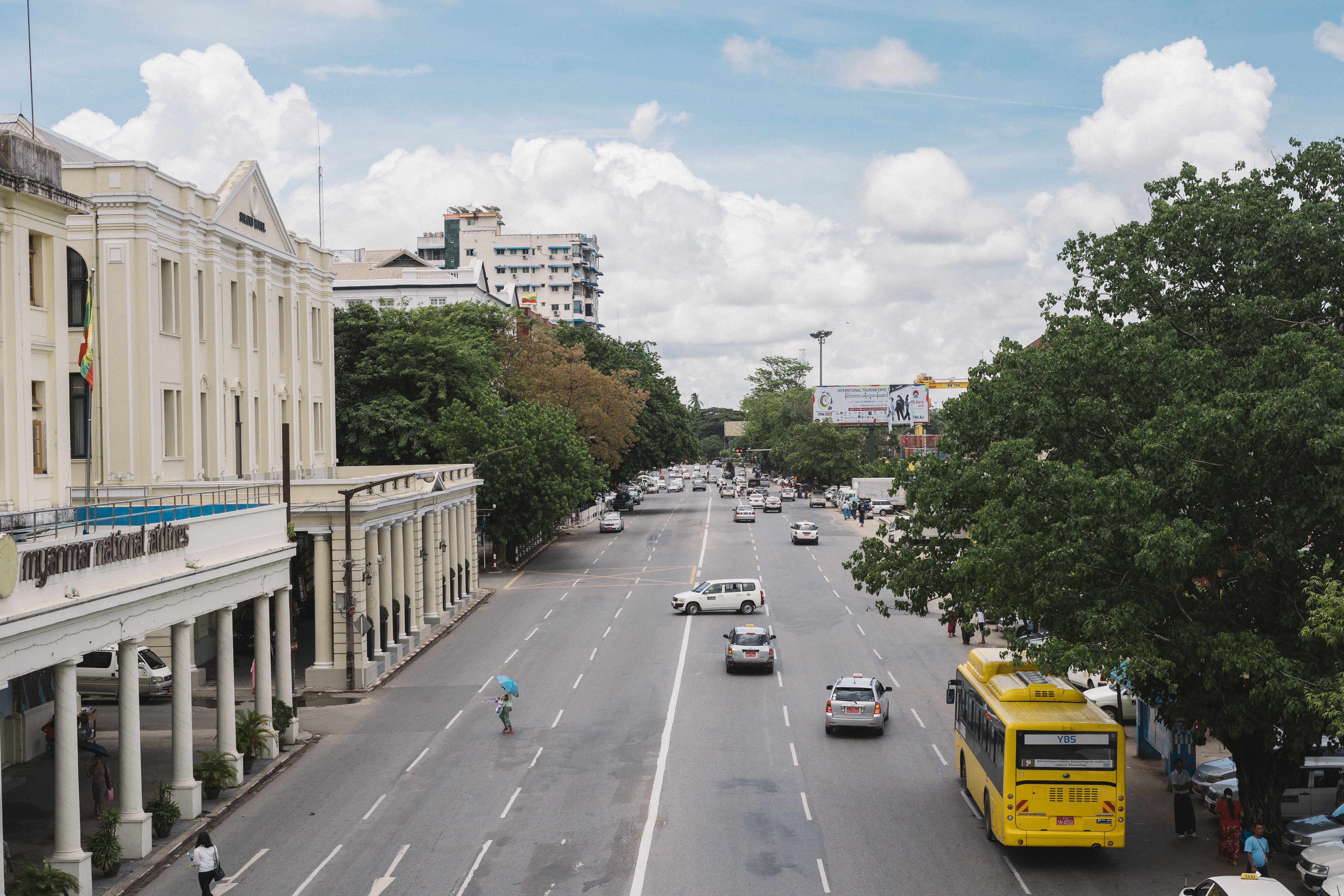
Name of the Asset | Doing Research in Myanmar: bridging the research gap and improving development policies
Type of Asset | Research report
Date | May 2020
Summary
Over the last decade, Myanmar’s transition to democracy has faced multiple milestones and challenges. The country observed its first free elections in 2015. As Myanmar prepares for a second round of free elections later this year, the turbulence unleashed by COVID-19 will undoubtedly introduce new risks in the transition. It will also provide an opportunity for the small—but active—community of scholars from universities, think tanks and other institutions, inside and outside Myanmar, to provide evidence and advice on how to face these risks. A recent article in the New Mandala Post calls for, “the next generation of Myanmar scholars, whatever their backgrounds or ambitions, … to support knowledge creation throughout this time of fear, change and hardship and beyond.”
Boosting investment in knowledge production and the use of locally-grounded social science research in Myanmar remains a critical element for a sustainable democratic transition. Leaders and scholars in social science research can assist local policy processes by asking the relevant policy questions, and by undertaking rigorous research and analyses to provide the evidence needed for public policy decision-making. Building a functional knowledge ecosystem is a major challenge for social science researchers themselves and for policy makers, not only in Myanmar but across the developing world.
This research highlights, amongst other aspects, the need to invest in boosting research capacity, infrastructure and funding for HEIs as a priority goal of the HEI reform agenda so that HEIs can meet the growing demand for evidence-based policy research while promoting the local ownership of research projects in order to leverage the expertise of Myanmar scholars for better-informed policymaking, along with stronger partnerships between researchers and policymakers. The report not only presents what has emerged from their research but also proposes some 'Levers of Change', a set of measures or actions which could be taken in order to address the shortcomings identified like the establishment of a national research body to oversee, facilitate, coordinate, support and document research activities conducted in Myanmar or the increase of the budget for research while improving its management and allocation flexibility among many others.
The webinar, like the research itself, was developed together between the local team, and GDN and the Knowledge for Democracy Myanmar (K4DM) initiative of IDRC, where the state of Myanmar's social science system was presented, as the country struggled with its Covid-19 response and prepared for the second round of free elections later this year.
Authors:
- Zu Xian (Anders) Lee, Centre for Economic and Social Development
- Jana Rue Glutting, Centre for Economic and Social Development
- Naing Lin Htet, Centre for Economic and Social Development
- Ngu Wah Win, Centre for Economic and Social Development
- Nyein Chan Aung, Centre for Economic and Social Development
- Thaint Zar Chi Oo, Centre for Economic and Social Development
- Zaw Oo, Centre for Economic and Social Development
Country and/or Region | Myanmar
Name of the Program | GDN’s Doing Research for Measuring the Production, Diffusion, and Use of Social Science Research
Funder(s) | This work was carried out with the aid of a grant from Global Affairs Canada, and the International Development Research Centre, Ottawa, Canada. The other studies in Bolivia, Indonesia and Nigeria of the current phase of the Doing Research program is being funded by GDN’s core funds. The Doing Research pilot phase was generously supported by the Bill and Melinda Gates Foundation, Agence Française de Développement, French Ministry of Foreign Affairs and International Development, and Swiss Agency for Development Cooperation for US$785,000 from 2014-2016.
- Download the Myanmar Assessment Summary and Conclusions (English and Burmese) | Full Report in English
- Download the national version (in Myanmar language) of the Myanmar Doing Research Assessment - National Report
- Find other resources about Doing Research in Myanmar
- Learn more about the Doing Research Program
- Visit the IDRC program in Myanmar
If you cite this resource, please notify communications@gdn.int with the subject line 'GDN citation'.





